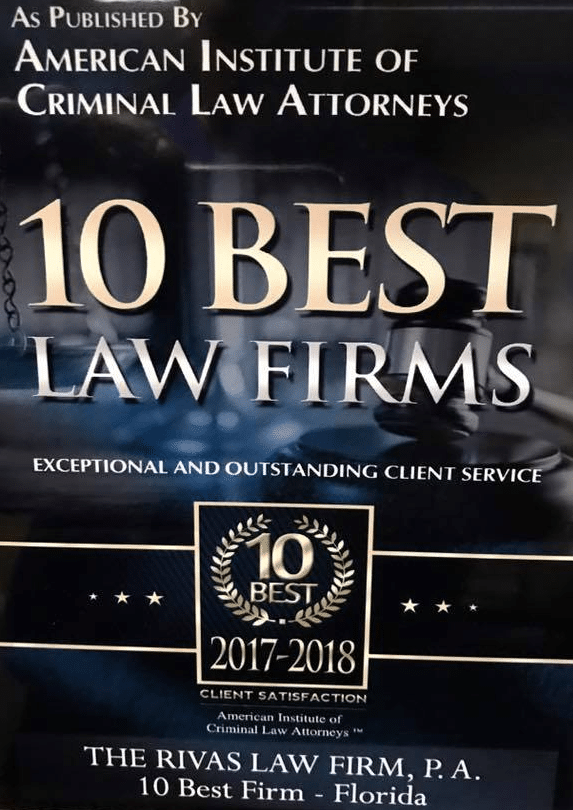Everyone’s familiar with defense lawyers raising objections during a trial, but not many people give much thought to the importance behind the courtroom exclamation, “Your Honor, I object!” A look at how well a defense attorney uses objections during a criminal trial to protect her client’s rights can help illustrate the difference between an Appeal and a Motion for Post-Conviction Relief.
In appealing a conviction, an appellate attorney is basically asking a higher court to review how the judge ruled on motions and objections made by prosecutors and defense lawyers during a trial. If the appeals attorney can demonstrate that the trial judge wrongfully overruled a defense attorney’s objections, for example, to allow certain damaging evidence or witness testimony, the defendant may be granted a new trial. An appeals court reviews only the procedural aspects of the trial. It does not consider new evidence, such as whether the police coerced a guilty plea or whether your defense attorney was incompetent.
In these situations, a conviction may be overturned when a skilled and experienced post-conviction defense attorney uses Florida Rule of Criminal Procedure 3.850 to make a Motion for Post-Conviction Relief to the trial judge. Here, the defense attorney’s skills at making objections come into play differently. Instead of convincing an appeals court that the trial judge wrongly dismissed a defense attorney’s objections, a post-conviction lawyer will try to convince the trial judge that the defense attorney’s failure to make appropriate objections – along with other lapses – effectively deprived the accused of a proper defense.
The Motion for Post-Conviction Relief
The Motion for Post-Conviction Relief is generally made after a direct appeal has failed, and one of the reasons that an appeal might fail is if the defense attorney had not skillfully preserved the issues on which an appeal is based. If the defense counsel did not make strong, clear, and consistent objections to potentially reversible errors, a Post-Conviction Relief Lawyer might be able to get the case dismissed based on ineffective assistance of counsel.
Post-Conviction Relief claims
Post-Conviction Relief claims can also be based on newly discovered evidence such as new witnesses, someone else confessing to the crime, DNA evidence, or newly exposed misconduct by prosecutors. Criminal defense attorneys use these motions to argue that the jury’s verdict was contrary to the facts or the law or to claim that the sentence imposed was excessive or violated state or federal guidelines.
The Post-Conviction Relief process
The Post-Conviction Relief process generally starts with the defense attorney submitting a motion to the court. This motion explains why the individual was wrongfully convicted, detailing the facts of the case and citing any errors made during the proceedings that the court may have missed. The motion should include evidence of any violation of the individual’s constitutional rights and provide a rationale for the relief requested. After submitting the motion, the attorney will appear in court to argue the case in support of the relief request.
Orlando Post-Conviction Attorney
Orlando Post-Conviction Attorney Rook Ringer at the Rivas Law Firm is an accomplished and highly skilled appellate lawyer experienced in state and federal courts. To discuss the best chances of getting a new trial or having your case dismissed, call 407-644-2466 for a free consultation.








